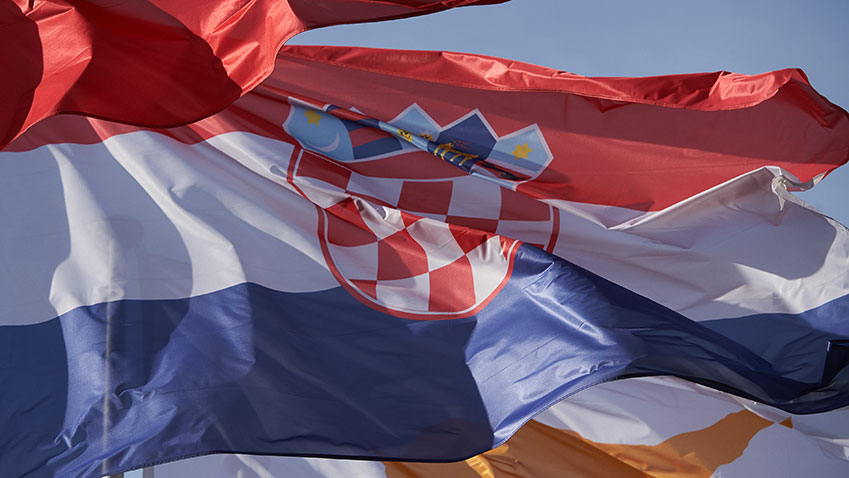While acknowledging efforts of the Croatian authorities to comply with the European Charter for Regional or Minority Languages, a report published today reiterates “recommendations for immediate action” to improve the use of minority languages.
The report, adopted last week by the Council of Europe’s Committee of Experts, which monitors the implementation of the Charter (which had entered into force in Croatia in 1998), examines the steps taken by the authorities to implement the recommendations for immediate action made by the committee in its 2019 evaluation report. The recommendations aim to support the authorities in implementing the Charter regarding eleven minority languages (Czech, German, Hungarian, Boyash Romanian, Istro-Romanian, Italian, Ruthenian, Serbian, Slovakian, Slovenian and Ukrainian).
Positive developments include increased funding for the translation of textbooks in Italian and support provided to their publishers. The Committee of Experts also noted prospects for introducing teaching of Boyash Romanian into regular education.
But too many recommendations for immediate action have not yet been implemented, including the following:
- Introduce the broadcasting of a radio and/or television programme in Czech, German, Hungarian, Italian, Boyash Romanian, Ruthenian and Ukrainian on a regular basis and of sufficiently long duration
- Use Czech, Hungarian, Ruthenian, Serbian and Slovakian in regional and local authorities and extend their equal and official use to additional municipalities
- Provide German language education at pre-school and primary levels in additional municipalities
- Introduce teaching of Istro-Romanian in regular pre-school and primary education in the municipalities of Kršan and Matulji.





